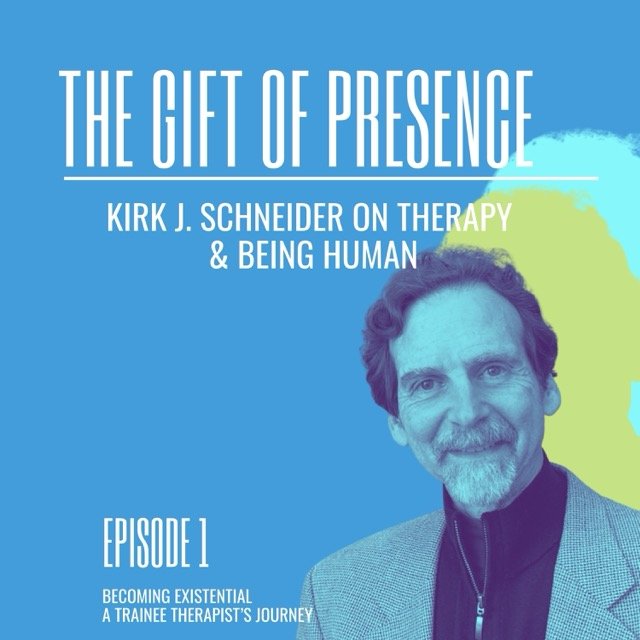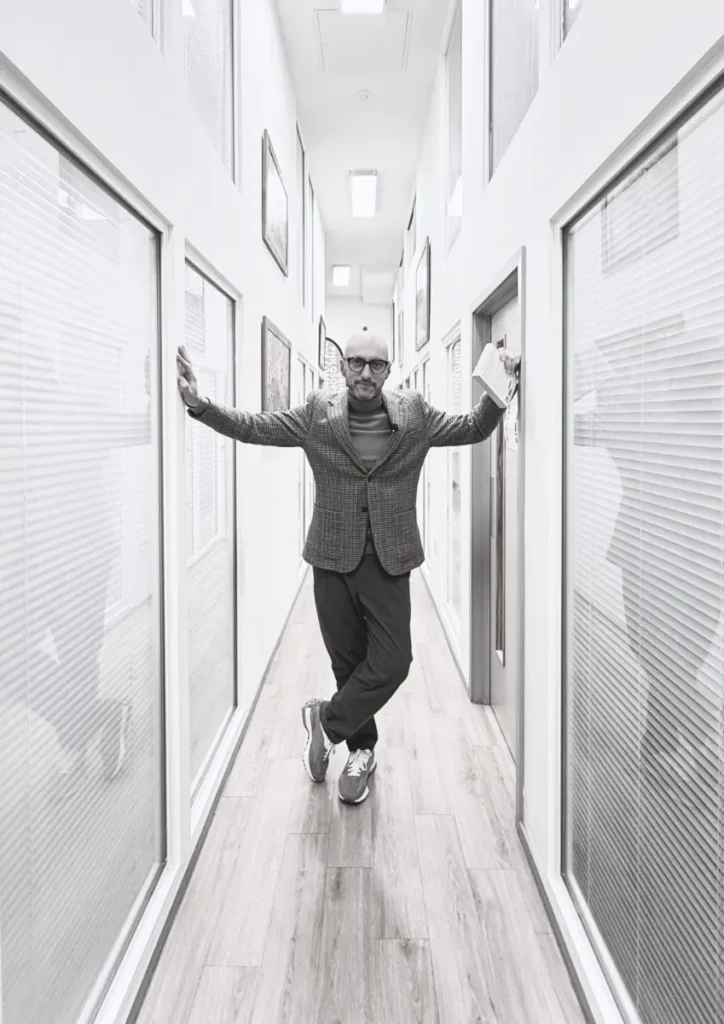Understanding why people hurt not out of hatred — but out of duty, loyalty, and love.
We’re taught that violence happens when morality fails. A collapse of empathy. A loss of control. A moment when something inside a person breaks.
But what if violence doesn’t come from a lack of morality — but from its presence?
Across history and especially in weeks like this one, when grief is not just global but personal — we are not witnessing chaos.
We are watching violence in the name of virtue.
Righteousness at war with righteousness.
Not random.
Not senseless.
Structured.
Defended.
Tenderly justified.
People don’t always hurt because they feel nothing. Often, they hurt because they feel too much.
We want harm to signal a loss of ethics. But more often, it’s a sign of moral obligation.
Violence done in the name of good.
The Unsettling Thesis of Virtuous Violence
Anthropologist Alan Fiske and psychologist Tage Rai studied violence not as pathology — but as a relational act.
Their conclusion is blunt:
“People don’t hurt others despite their morals. They hurt others because of them.”
Not sadism.
Not madness.
Duty. Loyalty. Justice. Belonging.
The parent who punishes a child saying, “This is for your own good.”
The soldier who kills “to protect”.
The citizen who retaliates “to restore order.”
This isn’t ethics collapsing. This is ethics, weaponised.
Camus Saw It Coming
“Every act of rebellion expresses a nostalgia for innocence and an appeal to the essence of being. But one day nostalgia takes up arms and assumes the responsibility of total guilt; in other words, adopts murder and violence.”
Violence doesn’t always begin with hatred. It begins with longing.
For innocence.
For justice.
For dignity.
For meaning.
It begins with a wound, a story, a sense of betrayal.
And then one day — that nostalgia picks up a weapon. Not to destroy meaning. But to defend it.
This Doesn’t Excuse Violence
It complicates how we talk about it and it makes it harder to dismiss.
If you call someone evil, you can reject them. But if you see that even cruelty can wear the mask of care — you’re forced to confront something deeper:
Humans are capable of harm in the name of love.
That’s why shame doesn’t work. Why logic slides off the armour of righteousness. Why punishment doesn’t deter someone who believes: “I must.”
Nietzsche’s Warning
We divide the world into good people and evil people, but Nietzsche insisted morality is rarely that clean.
The real danger isn’t moral decay. It’s moral certainty.
Because once morality becomes sacred, it stops being questioned.
And sacred narratives don’t bend.
They justify.
They demand.
Violence rarely begins with monsters. It begins with myths.
And unless we interrupt those myths we become vessels for them.
Why Peace Fails — Even When Everyone Wants It
Because peace requires doubt. And doubt is painful medicine for the righteous.
Negotiatitors will tell you: Almost every war ends in negotiation. The only question is how much suffering happens before both sides accept it.
But political scientist Alexander Downes found that identity-based conflicts rarely hold peace — because each side believes the other is morally incapable of keeping it.
And so the violence continues. Not because people love harm, but because they believe they are protecting something sacred.
So how do we shift a morality that justifies harm?
I don’t believe we do it by shouting “You’re wrong.” I certainly don’t believe lectures or moral superiority change anything. If anything, they entrench people further in their convictions.
Morality doesn’t change through argument. It changes through relationship.
Not “You hurt them.”
But “You hurt us.” You’ve wounded something between us.”
Not “This is wrong.”
But “This makes you unrecognisable to yourself.”
I’ve trained in self-defense. I believe in responding with force when force is necessary. There are moments when you must fight — to stop harm, to protect life. I’m not a pacifist. I’m not romantic. But I’ve also learned this:
Force can stop violence. But it cannot transform it.
Once danger is neutralised — the real work begins.
Not to humiliate. Not to moralize.
But to do something far harder:
To make them see that their violence didn’t make them heroes. It made them traitors — to the very people they believed they were serving.
That’s how cultures change.
Not when violence becomes illegal. When it becomes unbearable — even to its own believers.
When mothers say, “Not in my son’s name.” When brothers say, “This isn’t honor.” When communities say, “You haven’t protected us — you’ve endangered us.”
Violence dies not only when it meets resistance — but when it loses praise.
The Real Work
For me, it’s no longer enough to condemn violence in the abstract.
I want to understand where it starts — in devotion, in duty, in love twisted into certainty.
Because violence rarely begins with cruelty. It begins with care.
And if we don’t intervene at that point — if we wait until it erupts in blood — then we’re already too late.
So I’m done asking:
“How will violence end?”
We already know: In exhaustion. In treaty. In silence.
Instead I’m asking:
When does violence first begin to feel right?
And who among us is willing to say — even to our own side — “Not like this.”?
Further reading
Bloom, P. (2016). Against Empathy: The Case for Rational Compassion. Ecco.
Camus, A. (1951). The Rebel. Vintage Books.
Downes, A. B. (2004). “The Problem with Negotiated Settlements to Ethnic Civil Wars.” Security Studies, 13(4), 230–279.
Fiske, A. P., & Rai, T. S. (2015). Virtuous violence: Hurting and killing to create, sustain, end, and honor social relationships.Cambridge University Press.
Licklider, R. (1995). “The Consequences of Negotiated Settlements in Civil Wars, 1945–1993.” American Political Science Review, 89(3), 681–690.
Nietzsche, F. (1886/1966). Beyond Good and Evil. Translated by Walter Kaufmann. Vintage Books.


